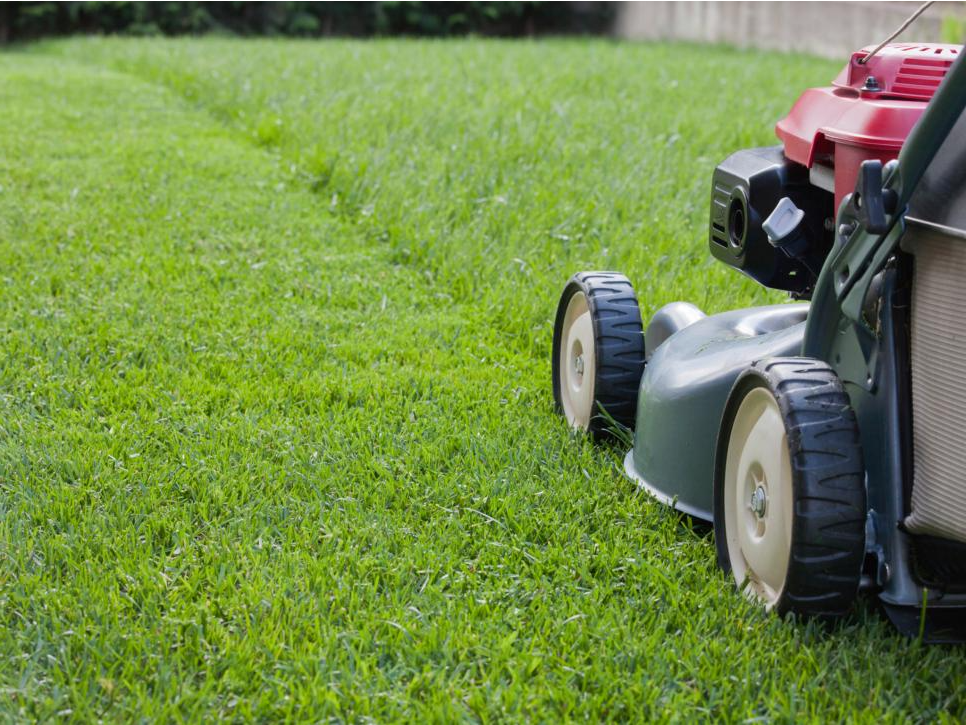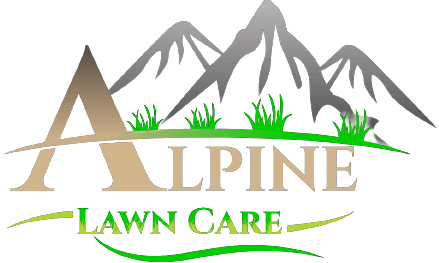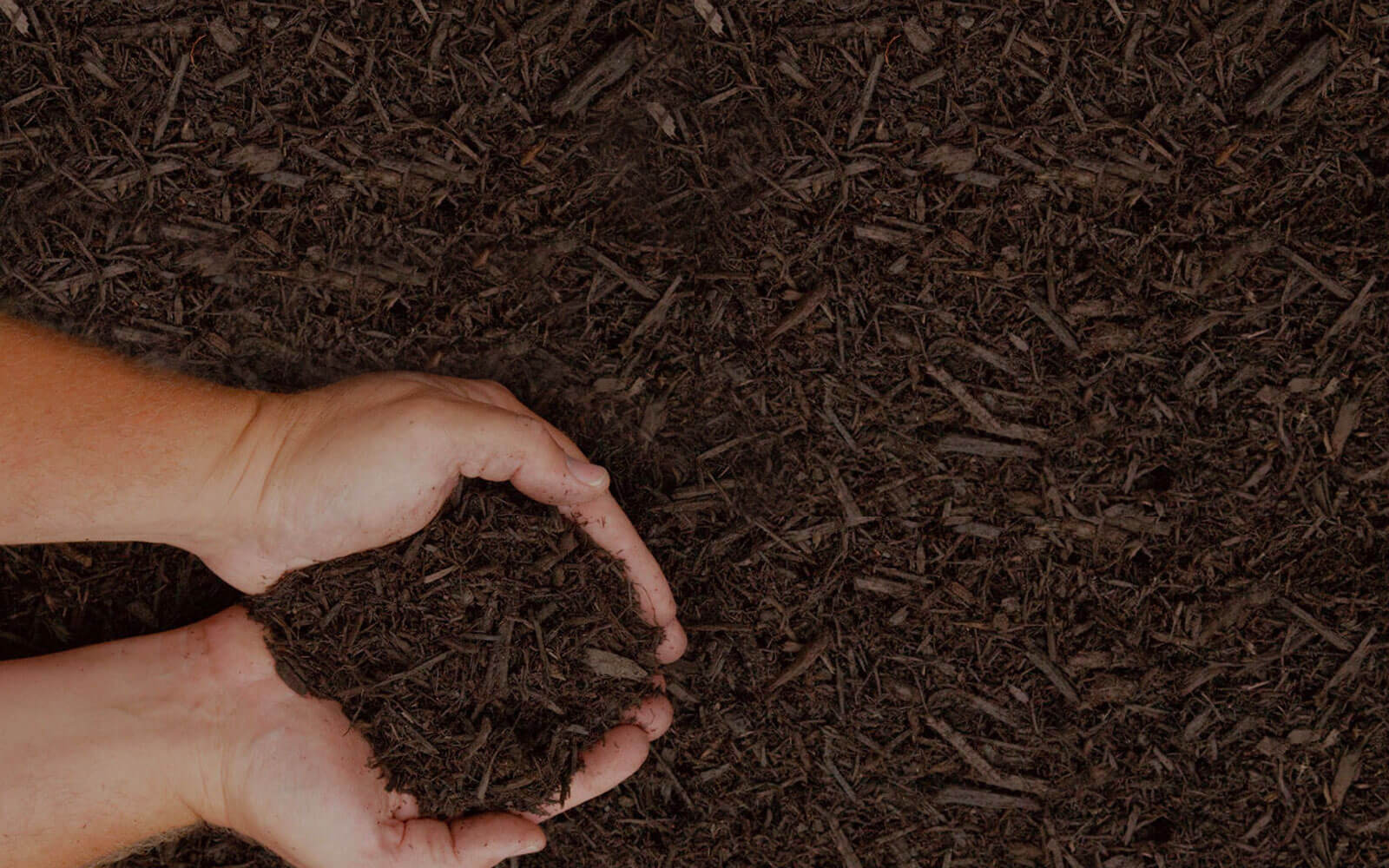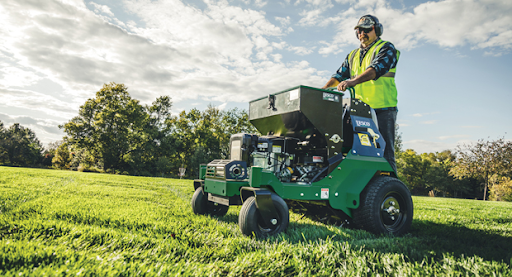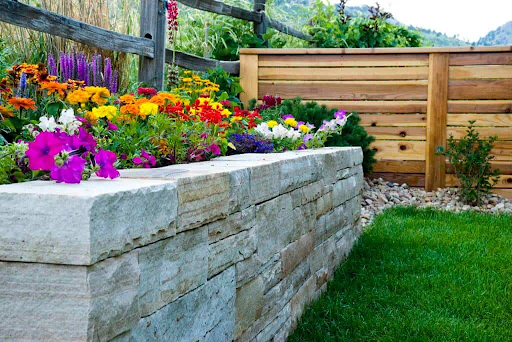When To Install Winter Mulch
Winter is a surprisingly good time to lay down a fresh layer of mulch!
When is the best time of year to install winter mulch?
Alpine lawn care professionals in Virginia are seeing a rise in inquiries about when it is appropriate to apply an all-around layer of mulch. We're all aware that after applying this kind of mulch, we can expect at least a few weeks' vacation because the results look so good! The truth is: anytime from now until springtime will be fine.
Here in Virginia, temperatures can be unpredictable during the winter months. Sometimes they plunge down into the negatives and other times they hover right around freezing. These extreme fluctuations are enough to mess with all but the most well prepared gardener. One thing we know for sure is that frozen mulch looks bad. Under the right conditions, a hard winter can wreak havoc on all types of mulch and it's important to understand what those conditions are before deciding when to add an additional layer of protection to your landscape.
The following information will help you determine how best to apply mulch in the event our winter weather drops below freezing temperatures or stays there for more than a few hours at a time.
Lawn care professionals have a word for the process of choosing when to apply mulch: Mulch analysis.
When To Mulch Your Lawn.
Here are Mulching Tips For Fall And Winter. Mulching in fall or winter provides many benefits, from cooler soil temperatures (therefore less evaporation) increasing fewer pests such as grubs and ants. Plus you'll wake up to dew-covered grass blades every morning! Mulching is really an insurance policy against bad weather and it's always better to catch problems before they start rather than after they've ruined your lawn. There are two main reasons we want to apply mulch during colder months. Mulches have been known to kill seedlings when applied in spring or summer. Mulching during the winter months will also help prevent weeds, since most weeds grow above ground. Mulch can also be a good way to protect your soil, preventing erosion while helping retain moisture and nutrients for next year's lawn.
Who should Mulch?
Mulching is great for anyone who wants an easier time with lawns this fall and winter. If you have bare spots on your lawn from transplanting, mowing too low or just want to fill in thinning areas of your grass; mulching will help get you started with bare soils (although it may take several years before you'll see results). Mulch does not perform well as a weed suppressor on established lawns. Mulch is a great option for areas with short-term bare soil conditions (i.e., new plantings) and will also extend the life of your current grass.
Provides weed suppression?
Mulching can help with certain weeds, but not all of them (weeds that grow above ground). Mulching helps prevent winter weed growth, such as chickweed by preventing it from ever reaching the light needed to grow or flower. Mulch may kill existing perennial weeds that are buried beneath the layer of mulch; however, you need to remove all debris before applying any additional layers of mulch this fall so you're not creating a weed seed bank for next year.
Mulching alone will not completely eliminate existing weed problems. Mulch may also help to delay the germination of some annual weed seeds and prevent them from growing until spring. Mulch should be raked in the fall (before November 1) at least two times: after the last mowing and before applying a winter lawn care program. Mulching can improve air and water quality by reducing erosion, minimizing runoff, and preventing nutrients such as fertilizers from running off into lakes or streams. Mulches that contain bark provide desirable habitat for ground-nesting birds and mammals such as voles, shrews, salamanders, foxes, skunks, woodchucks, chipmunks, mice and rabbits.
Mulches have several functions in your landscape including; soil improvement (by holding moisture, providing nutrients and hiding soil surface irregularities), beneficial insect habitat (some mulches provide winter shelter for ground-dwelling insects), weed control (mulch covers the soil preventing light from reaching weeds thus starving them) and improving drainage (by providing a layer between the lawn environment and hard surfaces such as your driveway). Mulching with compost or other organic material helps to offset acidity caused by fertilizers.
Mulches protect plant roots from damage during winter months by holding in soil moisture, which keeps plants healthier during cold weather. Mulching also provides an attractive appearance to your landscape through the use of colorful materials. Mulching is not only beneficial but can be considered a necessary evil because it prevents ugly heaps of snow residues that will need to be removed before your spring lawn care program can begin.
